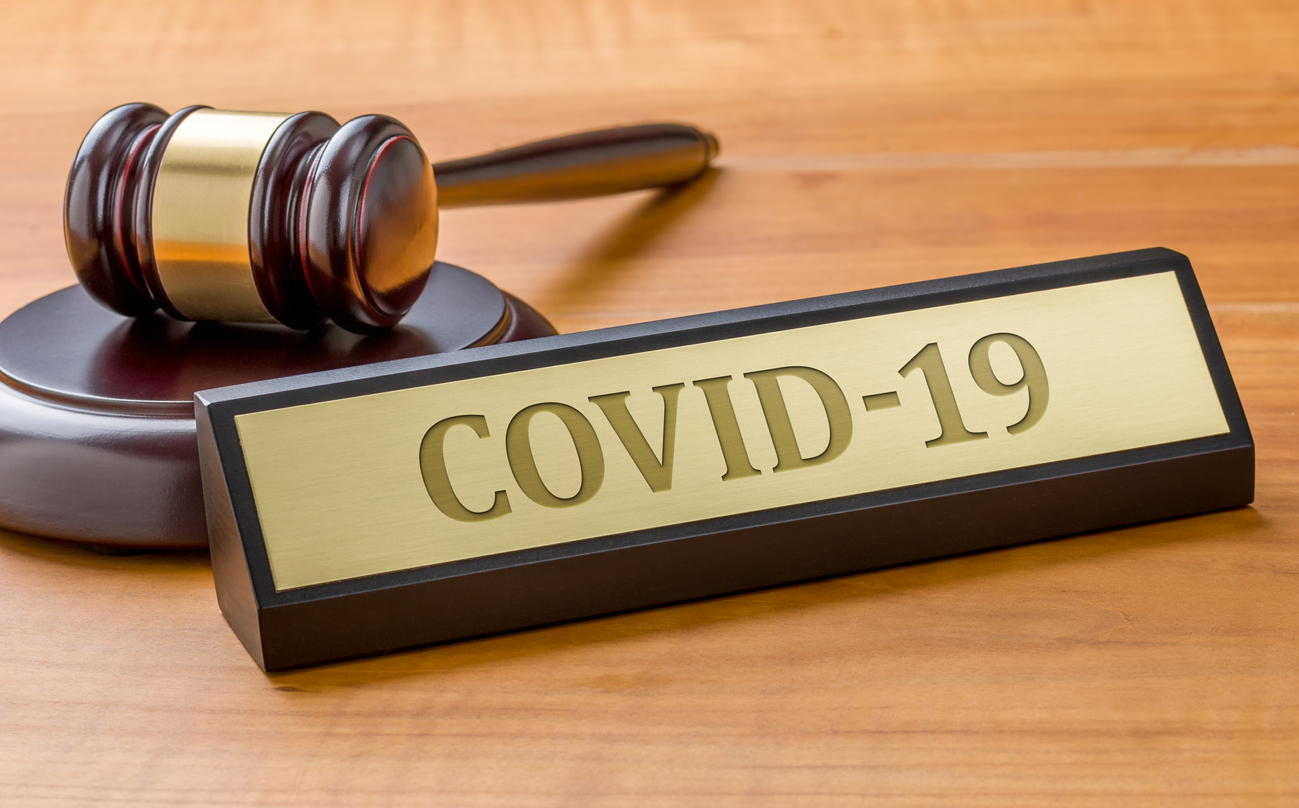Our firm subscribes to IRMI Online, which is an excellent source of information for any insurance claims professional. In doing research, I came across an interesting article by Daniel Torpey, from Ernst Young, LLP, Dealing with a Difficult Claim: Breaking the Gridlock of the Property and Business Interruption Claims Process.
I found the following tips to be insightful for any claim, large or small:
Define the Problem
Problems with property and business interruption claims usually fall into five categories, as follows.
Technical disagreement on coverage
Valuation and accounting disagreements
Questions about the scope of damage
Lack of information
Personality problems
You will need to define where the problem falls with your own claims team before you move forward with a plan.
Research
Find out more about the issues at hand. Have other companies dealt with the same issues? Have you contacted their risk managers? What experience have you or other clients had with this adjuster? What other claims have they adjusted? Are they well-respected in the field? Are there other corporate clients that you can talk to about their successes or failures in working with the adjuster? What is the adjuster’s experience level? The loss may be too complex for the adjuster to handle. Is your claim consistent with the terms and conditions of the policy? Check with your broker or attorney on coverage issues.
Schedule
Suggest implementing an agreed-upon loss adjustment schedule. Determine what information either party will exchange and when the exchange will occur. “Obtain agreement from the adjuster’s team and your own management team as to the overall goals, priorities and sequence of events and meetings.”
Disclose
Inform your adjuster of your perception of the loss adjustment process in a small meeting. Be specific and mention areas that you find challenging, and suggest some ways to overcome these obstacles. Let the adjuster know that you are responsible for reporting to your management on the claim’s progress. Ask the adjuster for advice on how to resolve items in the claim. Inform the adjuster that you can only allocate a certain amount of time to this project before corporate will ask you to hand over the claim to another group (legal) in your company.
Match Talent
Do you, as the policyholder, have your own qualified claims professional or claims consultant on your team? Nothing can replace time in the field and years of experience in adjusting losses. Your adjuster may relate better to a qualified claims professional with adjustment experience.
Also, check your accounting and engineering expertise. Have you hired your own claim accountant that is independent from the insurance company and its representatives? “Understanding everyone’s role in a business interruption claim is a good starting point to begin to manage expectations.”
Put it in Writing
Request that the adjuster put the issues at hand in writing. A letter may heighten the level of seriousness and ensure that the other side is convinced enough by their position that they will put it in writing. You can also detail out your position in writing to ensure the adjuster and the insurance company know exactly what it is.
Attorneys at the Gate
Insert attorneys into the process. They can assist with negotiations or invoke some method of alternative dispute resolution such as appraisal or mediation. Be sure to select attorneys that specialize in insurance coverage.
Of course, there are many other ways of tackling problems during the claims process. Policyholders should always consider hiring insurance counsel during the early stages of the claim in order to exert more control over the claims process. As with any other problem in life, the key to success is to put yourself in the shoes of your opponent and come up with creative ways resolve your disputes.


